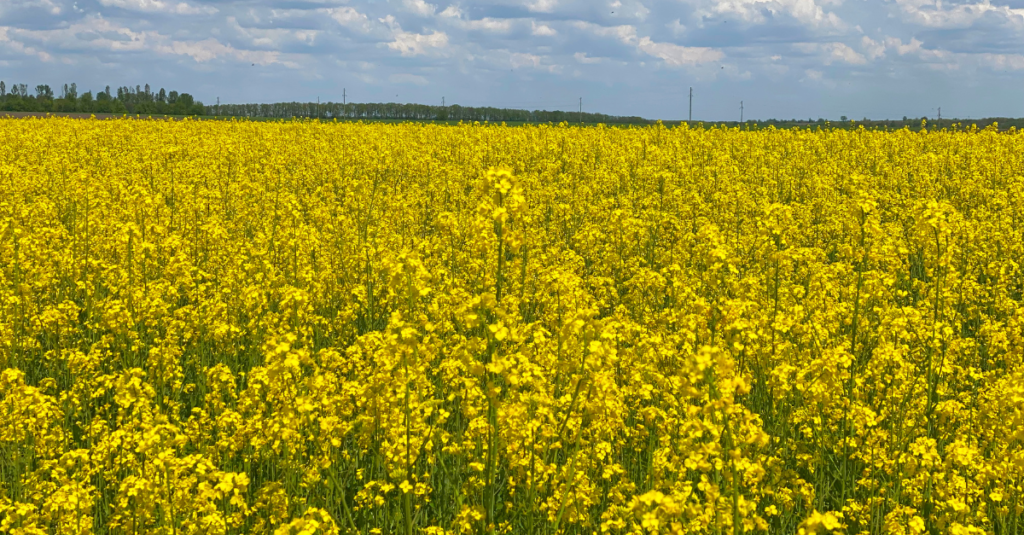Bunge Starts Construction of Sustainable Factory in the Port of Amsterdam
The Switzerland-based agrifood company hosts first pile ceremony at new plant in Zaandam
Switzerland-based Bunge, a global leader in oilseed processing and a producer and supplier of specialty plant-based oils and fats, hosted a first pile ceremony for its sustainable production facility in the Port of Amsterdam. When completed in 2025, the plant will replace the company’s Maasvlakte refinery in Rotterdam. In addition, Bunge will move production from its current Wormerveer location to the new facility. The move marks a further integration for Bunge into the highly advanced Dutch agrifood ecosystem.
New technology at facility reduces Bunge’s CO2 footprint
Located at the HoogTij industrial area in the Port of Amsterdam, the new facility will leverage state-of-the-art technology to lower Bunge’s carbon footprint in Europe. In doing so, the company aligns with the Netherlands’ wider commitment to sustainability and innovation through leading-edge production operations.
“The new factory is built according to the latest technological standards, resulting in a highly efficient and sustainable factory, which will start production in 2026,” said David Vandermeersch, Bunge Vice President, EMEA. “We aim for direct energy savings of 40% and a CO2 reduction of 90% by 2030. I am extremely proud of the project team who worked diligently to get us to this important milestone and am thankful for the government agencies we have worked with in close partnership.”
Driving the transition to a circular economy
In that vein, Bunge’s new facility in the Port of Amsterdam will strongly contribute toward a circular economy in the Netherlands. Arthur van Dijk, King’s Commissioner for the Province of North Holland, noted, “By driving the first pile for the new factory, an important step has been taken in the transition to a sustainable industry in our province.”
He added, “The old factory site on the Zaan will be put up for sale and the current destination will transition from industrial to mixed-use property. Such a process has many challenges and requires good and intensive cooperation, perseverance, courage and trust. We all face the difficult task of making the transition to a sustainable and circular economy.”
A step forward for local region’s economy, quality of life and future
Lastly, Bunge’s decision to grow in the Netherlands will make an impact on the future of the local Zaan region where the new plant is located. The project showcases how economic investment, quality of life and sustainability in the Netherlands are all intertwined.
Councilor Stephanie Onclin, representing the municipality of Zaanstad Economic Affairs and the Labor Market, remarked, “As a little girl, I looked out from my bedroom window at this Bunge production location. This milestone that we are jointly achieving here today affects me not only because of the personal ‘trip down memory lane,’ but even more so because together with all parties we are making a striking step forward in every respect for the economy, quality of life and the future of the residents of the Zaan region. From conservation to jobs, higher quality of life for local residents to a giant leap in energy savings and CO2 emissions.”
About Bunge
Bunge’s purpose is to connect farmers to consumers to deliver essential food, feed and fuel to the world. With more than two centuries of experience, the company works to strengthen global food security, increase sustainability where it operates and help communities prosper. Bunge partners with farmers to bring quality products from where they’re grown to where they’re consumed. It also collaborates with customers to develop tailored and innovative solutions to meet evolving dietary needs and trends in every part of the world. Bunge has its registered office in Geneva, Switzerland and its corporate headquarters in St. Louis, Missouri.
Source: Bunge
8 December 2023